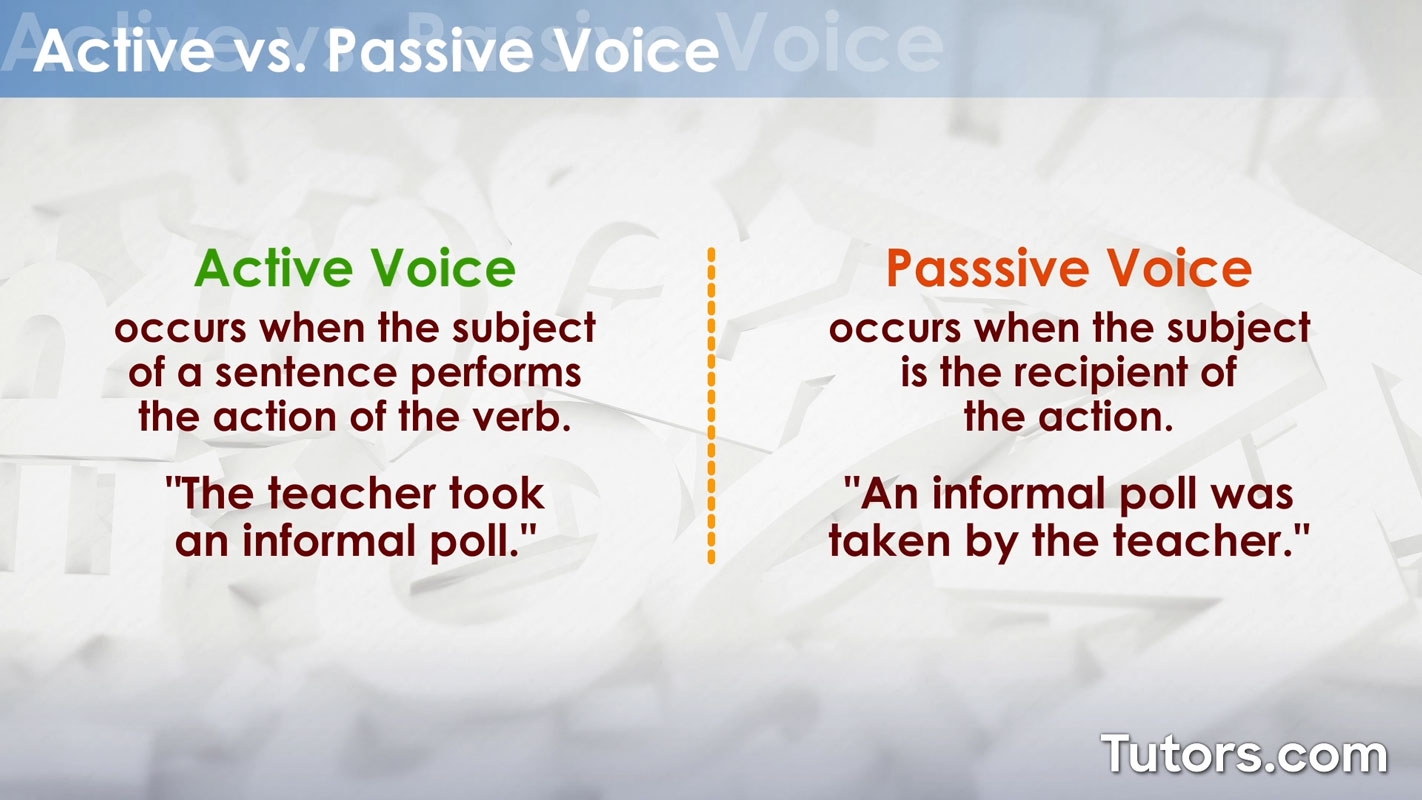In the English language, writers often have to make a choice between using active or passive voice in their sentences. Understanding the difference between the two can greatly impact the clarity and effectiveness of your writing. Active voice is typically more direct and engaging, while passive voice can sometimes be confusing or vague.
It is important for writers to be aware of when to use each type of voice in order to effectively convey their message to the reader. By mastering the use of both active and passive voice, you can enhance the overall quality of your writing and make it more engaging for your audience.
Active vs Passive Voice
Active voice is when the subject of the sentence is performing the action, while passive voice is when the subject is receiving the action. For example, in active voice, the sentence “The cat chased the mouse” clearly shows that the cat is performing the action of chasing. In passive voice, the sentence “The mouse was chased by the cat” focuses on the mouse receiving the action of being chased.
Using active voice can make your writing more dynamic and engaging, as it allows you to clearly identify who is performing the action. Passive voice, on the other hand, can sometimes make sentences sound awkward or unclear, as the subject of the action is not always immediately apparent.
When deciding between active and passive voice, consider the impact you want your writing to have on the reader. Active voice is often preferred in situations where you want to emphasize the subject performing the action, while passive voice can be useful for shifting the focus to the object or recipient of the action.
Overall, being able to switch between active and passive voice depending on the context of your writing is a valuable skill for any writer. By understanding the nuances of each type of voice and knowing when to use them effectively, you can improve the clarity and impact of your writing.
In conclusion, mastering the use of active and passive voice can greatly enhance your writing skills and make your work more engaging for your audience. By being conscious of when to use each type of voice, you can effectively convey your message and create more dynamic and compelling sentences.
